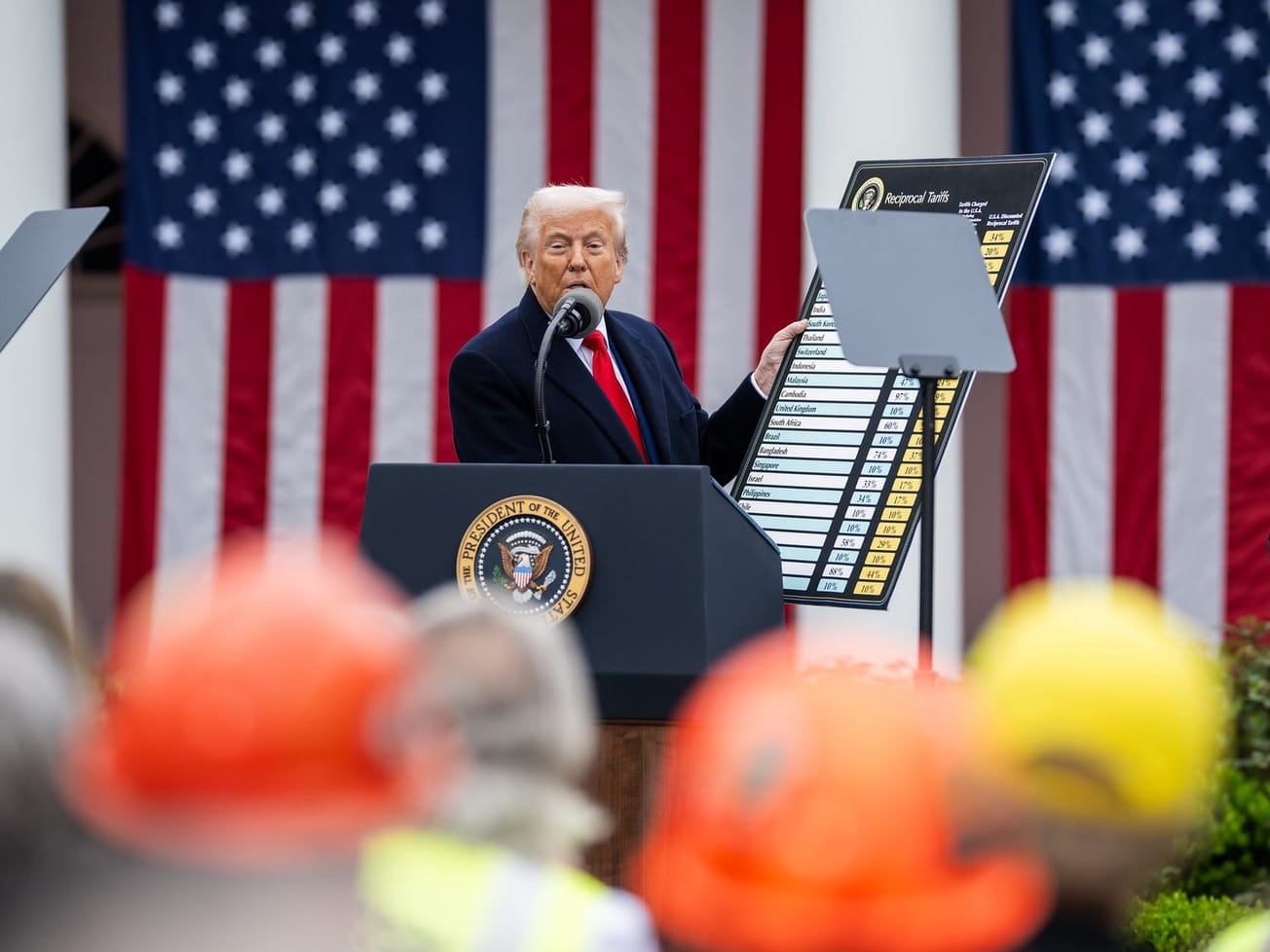An independent U.N. panel co-chaired by Melinda Gates and Jack Ma released a report on Monday urging the world to make digital technology safer and more inclusive.
The report, entitled "The Age of Digital Interdependence,” concludes that humanity faces big risks at the dawn of the digital age from business exploitation, inadequate regulation and socioeconomic disparity.









